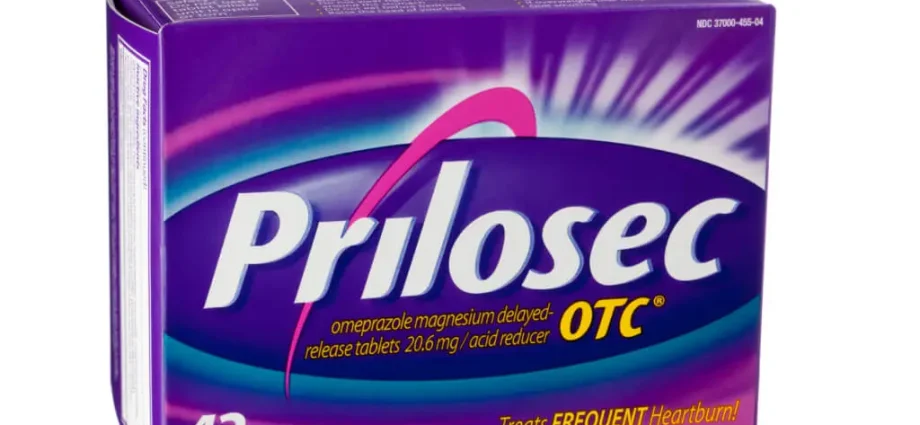Popular drugs used in the treatment of diseases of the upper gastrointestinal tract (including heartburn, reflux, gastric and duodenal ulcers) may increase the risk of a heart attack by up to 21%. – in the pages of PLoS One, scientists from Stanford University warn. Rzeczpospolita writes about the results of their research.
According to researchers, the so-called cardiovascular diseases are dangerous. proton pump inhibitors (PPIs) – drugs that reduce the acidity of gastric juice. Until now, they were considered relatively safe, although not devoid of side effects. The most common side effects associated with PPI use include headache, abdominal pain, diarrhea, constipation, and rashes. The adverse effects on the cardiovascular system can now be added to this list, as confirmed by the analyzes of researchers at Stanford University.
Researchers noted that the action of PPIs negatively affects the endothelium (the tissue that lines blood and lymph vessels, as well as the atria and chambers of the heart), making a heart attack more likely. The effects of proton pump inhibitors on the endothelium have not been associated with drug interactions. The researchers’ suspicions were confirmed by the analysis of the data of approximately 3 million patients (scientists used the so-called big data, large sets of information that make it possible to find statistical relationships between seemingly unrelated phenomena).
Not all medications used to treat heartburn or peptic ulcer disease have a negative effect on the circulatory system. According to the researchers, older generation drugs are safe in this respect – the so-called H2 receptor blockers. Compared to PPIs, however, they have a slightly weaker effect of inhibiting gastric acid secretion, and their consumption, unfortunately, is also associated with the risk of side effects (including nausea, vomiting, diarrhea, drowsiness).
Source: www4.rp.pl










